AP Physics 1 Reflection
That said, I don't feel a huge need to make any sweeping changes to how the course is run. I have a lot of little changes that need to be done, sorting out the wheat and chaff, and I need to find a way to be much more proactive about identifying and supporting my struggling students.
One of the two largest changes that I am making to AP Physics 1 is to integrate AP FRQ Quizzes more often and earlier in the school year. Most of our FRQ prep was right at the very end last year and I think that put too much stress on the students. I 'll have to get creative on how to keep questions cut down to only the knowledge students have near the beginning of the school year but I hope it will create overall better balanced and prepared students.
The other significant change is creating a more rigorous method for measuring students classroom involvement. As I mentioned I feel that I need to find a way to identify and support students faster this year. Most of the course is built to give students who are just at the edge of graduation to learn to be more self-sufficient and self-motivated. Unfortunately, some students hadn't yet mastered those skills and I felt like I watched them fall farther and farther behind last year- the worst part was that I had no idea how to help them (at least in part because I didn't really appreciate the problem until near the end when the gap had widened significantly).
Classwork Grade
Collaboration will most often be a grade that other students give over the course. I dealt with two huge complaints from students last year. The first complaint was students who were frustrated that they were doing all of the work and that other students were benefiting from their efforts. The other complaint was the opposite, students who were frustrated that they couldn't do anything because one or two students took over. Adding in the collaboration grade will give students the chance to receive feedback and grow.
Participation is the one I am most concerned about. Especially after some of the articles I read through. I've decided that for me participation must be a negative grade system rather than a positive one. What this means is that students will start with a participation grade and lose points from it. Being off task during an activity, improper phone use, frequent distractions in class, and so on. I imagine I will reset/restart the points at each grading period this year. Since students have access to the online grading system I hope it will be easy for them to see if they are losing points and curb the behaviors early on.
The final category will be consideration. As participation is entirely a "losing" scenario, consideration is wholly positive. Some days are crazy and the one or two students who stop to help straighten up lab supplies, throw away other student's trash, etc- deserve credit. I plan to play the consideration points a little more quietly than the other two categories so I don't have to struggle with students trying to game the system and I am concerned that it has the potential to be the most biased of an already somewhat biased grading category.
I imagine I will return to this subject in my blog again as I try it out and fine tune it. If anyone actually reads this and has a comment or feedback I'd love to hear what you have to share.
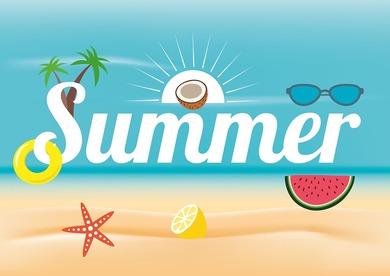
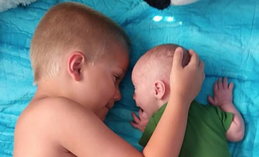
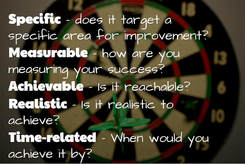


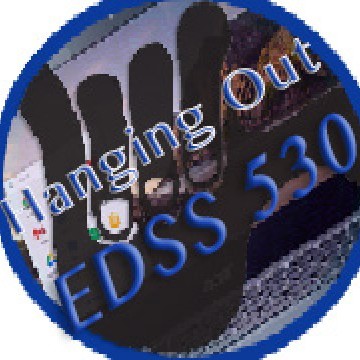
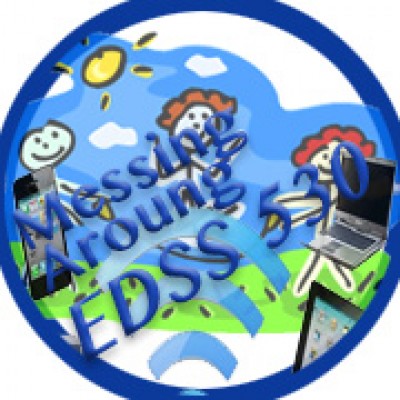
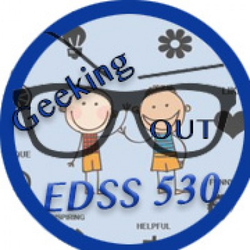
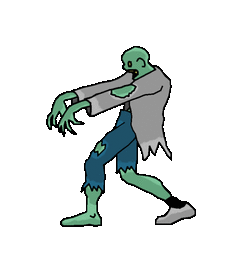
 RSS Feed
RSS Feed
